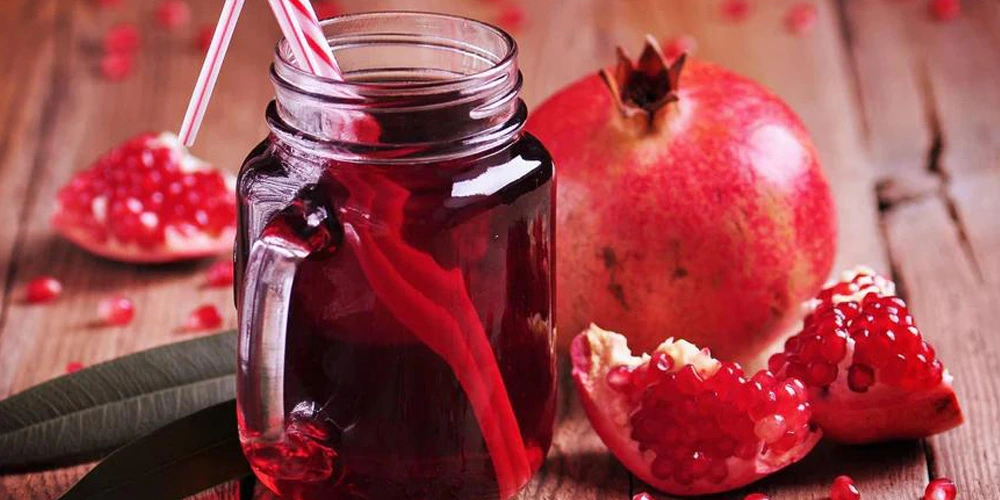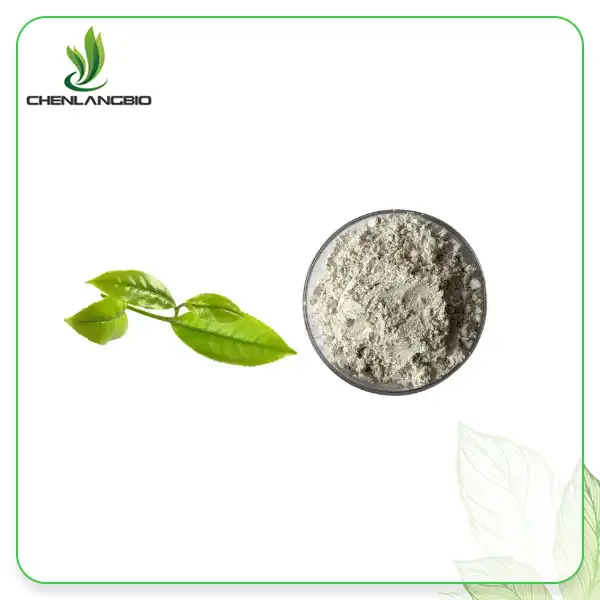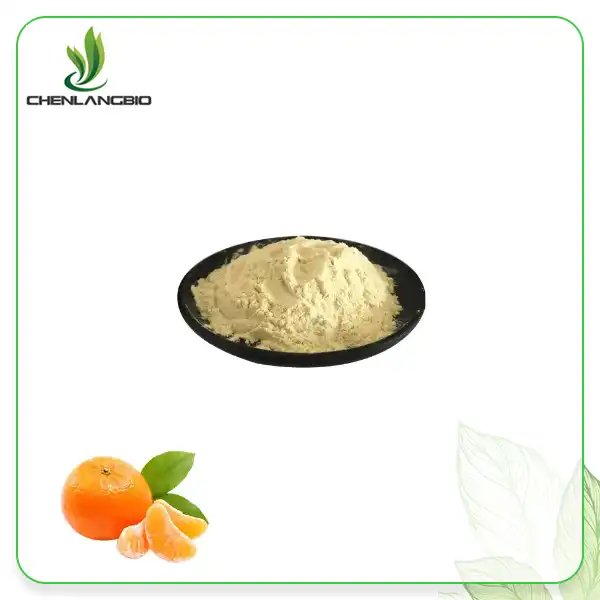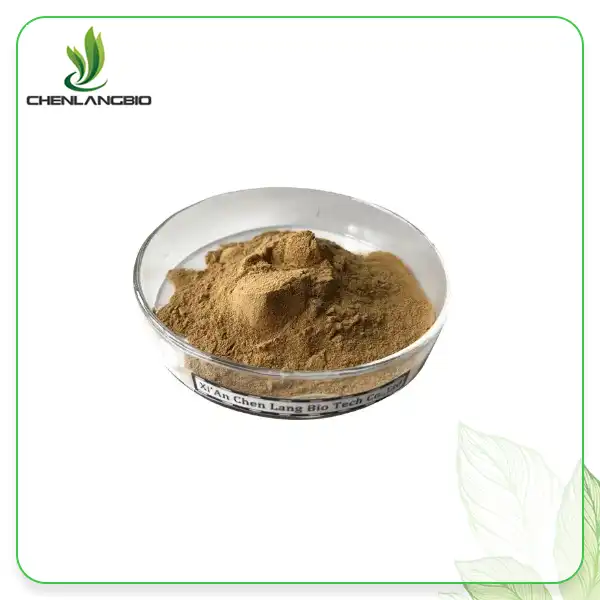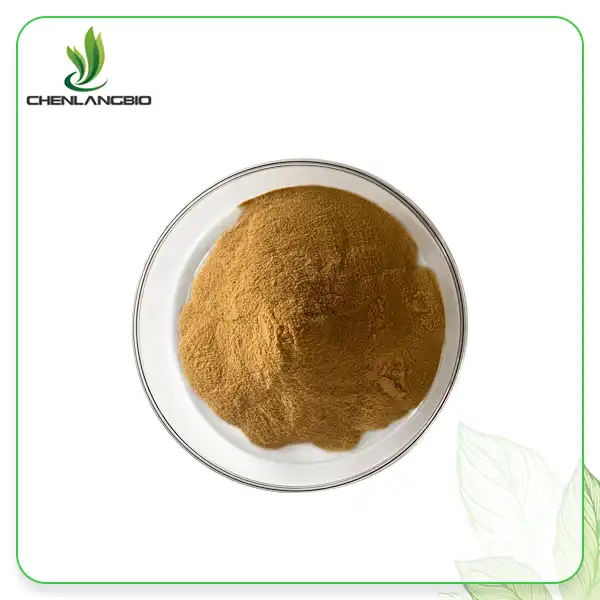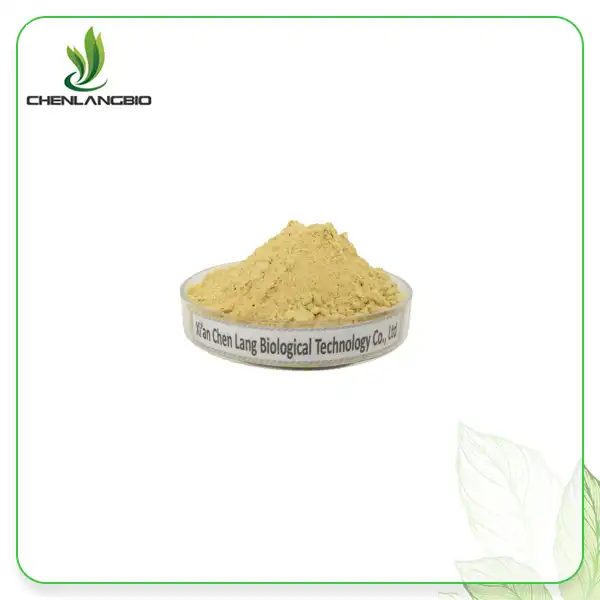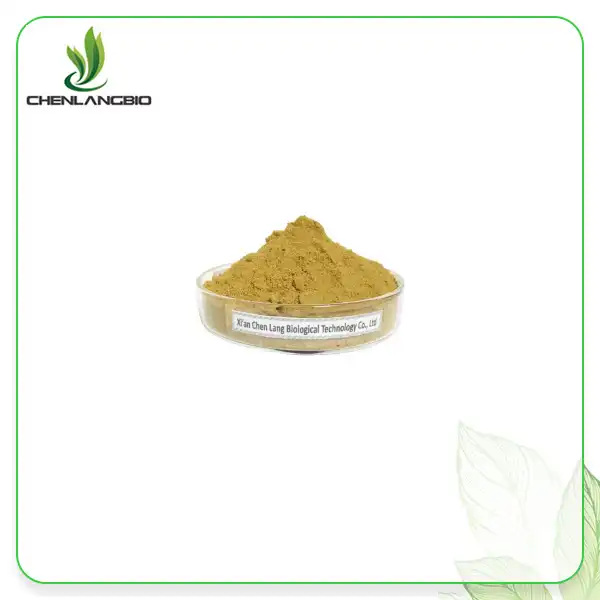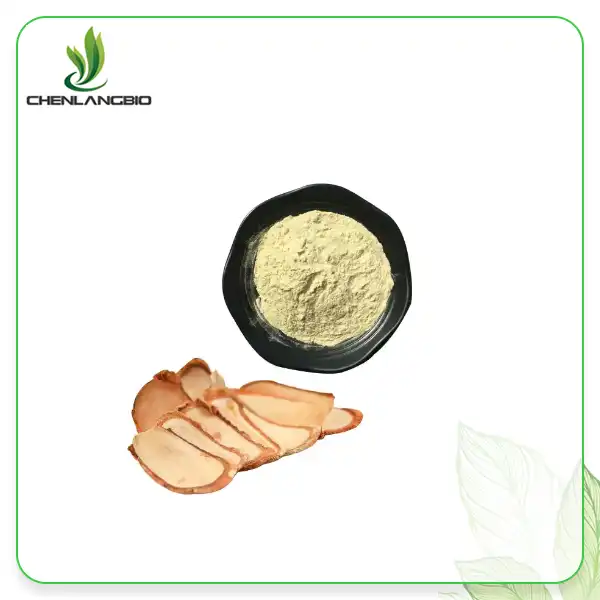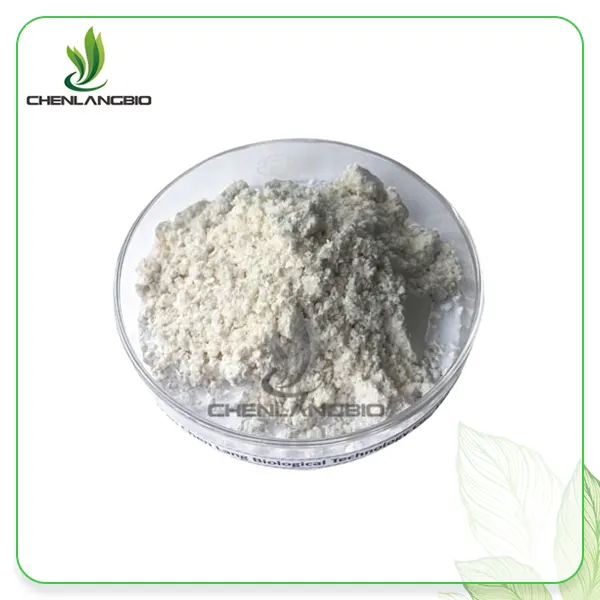How Much Pomegranate Powder vs Extract for Heart Health
2025-10-21 09:54:23
Cardiovascular health is one of the top priorities for consumers worldwide. Among the many botanical ingredients promoted for heart benefits, pomegranate extract powder and its concentrated derivatives have received considerable scientific attention. For brands and formulators aiming to position pomegranate extract in heart-health products, one central question arises: How much pomegranate powder or extract is needed to deliver cardiovascular benefits compared to whole fruit or juice?
Let’s Learn What Pomegranate Powder and Extract?
Before we dive into dosage, it's important to distinguish between pomegranate powder and pomegranate extract.
Pomegranate powder typically refers to ground whole pomegranate fruit or peel (dried arils, seeds, peel) with minimal concentration. It retains fibers, sugars, and full phytochemical matrix but in lower phenolic density per gram.
Pomegranate extract powder is a concentrated form where solvent extraction (e.g. ethanol, water, or hydroethanolic) isolates polyphenols (punicalagins, ellagitannins, anthocyanins) and removes inert matrix, resulting in a higher ratio of active compounds per gram.
Unlike simple fruit powder, our pomegranate extract produced by drying and grinding whole pomegranate (including juice, peel, and seeds), it undergoes a carefully controlled solvent extraction process designed to isolate and concentrate bioactive compounds.
Raw Material Selection
Mature pomegranate peels and arils are chosen because they contain the highest levels of polyphenols—especially punicalagin and ellagic acid.
Solvent Extraction
The dried material is crushed and soaked in ethanol, water, or a hydroethanolic mixture.
Ethanol extracts a wide range of flavonoids and ellagitannins.
Water helps dissolve anthocyanins and hydrophilic antioxidants.
The mixture is stirred under controlled temperature (usually 40–60 °C) to prevent oxidation or degradation of sensitive compounds.
Filtration & Concentration
The extract is filtered to remove insoluble residues, then concentrated under reduced pressure to preserve heat-sensitive polyphenols. This step increases the density of active compounds by up to 10–20 times compared to the raw powder.
Drying & Standardization
The concentrated extract is dried (usually by spray-drying or vacuum drying) into a fine powder.
It’s then standardized — typically containing 40% or more polyphenols, and sometimes specifically 30% punicalagin or 10% ellagic acid — depending on the application.
This guarantees batch-to-batch consistency for nutraceutical and pharmaceutical uses.
Because extract is more concentrated, the equivalent dosage (in mg) for achieving a therapeutic effect tends to be lower than raw powder. Formulators should always consider the extract ratio or standardization (e.g. % punicalagins or phenolics) when converting between forms.
🌿Why Extract Powder Is More Beneficial Than Plain Pomegranate Powder
|
Aspect |
Pomegranate Powder |
Pomegranate Extract Powder |
|
Source |
Whole fruit (juice + peel) dried and ground |
Solvent-extracted from peel & aril for high actives |
|
Polyphenol Content |
2–5% |
30–60% or more |
|
Key Compounds |
Trace ellagic acid, limited punicalagin |
Rich in punicalagin, ellagitannins, anthocyanins |
|
Absorption |
Lower due to fiber matrix |
Higher bioavailability |
|
Applications |
Smoothies, food flavoring, cosmetic coloring |
Nutraceuticals, supplements, heart-health formulations |
Pomegranate extract powder delivers 10× more active antioxidants and longer shelf stability. It’s especially beneficial in formulations designed for cardiovascular protection, cholesterol balance, and oxidative stress reduction.
What Doses Have Been Studied for Heart Health?
Evidence from Human and Animal Studies
Clinical and preclinical studies provide some reference points for dosing. While research is still evolving, here are meaningful examples:
A clinical trial in 38 obese women used 500 mg/day of pomegranate peel extract for 8 weeks and observed favorable changes in total cholesterol (TC), LDL, triglycerides, and inflammatory markers.
In a trial of older subjects, 740 mg/day of pomegranate extract for 12 weeks reduced certain inflammatory markers.
Animal and ex vivo studies show that giving 625 mg/day of a standardized pomegranate extract (Pomanox®) in pigs (delivering ~200 mg punicalagins) improved coronary vascular responses.
In a meta-analysis, pomegranate juice doses ranged from 50–500 mL/day, and extract doses in the included RCTs were in the realm of 500–1,000 mg/day.
From these data, one might infer:
A pomegranate extract powder dose in the range of 400–1,000 mg per day, standardized for high phenolic content, has been used in studies addressing cardiovascular endpoints.
For pomegranate powder (non-concentrated), much higher amounts (grams) would be required to deliver equivalent active compound content, which may not be practical in consumer products.
Therefore, when comparing forms:
|
Form |
Typical Human Study Dose |
Equivalent Approximate Extract Potency |
|
Pomegranate extract powder |
500–1,000 mg/day |
High phenolic concentration (≥30–50% polyphenols) |
|
Pomegranate powder (fruit/peel) |
3–5 g+ per day (varies) |
Delivers lower active polyphenol amount |
Mechanisms by Which Pomegranate Supports Heart Health
Understanding how pomegranate works helps justify the chosen dosage and formulation claims.
Antioxidant and Lipoprotein Protection
Pomegranate polyphenols (especially punicalagins, ellagitannins) protect LDL and HDL from oxidative modification, a key event in atherosclerosis development. The combination of diverse pomegranate polyphenols provides a broader spectrum of radical scavenging.
Blood Pressure & Vascular Function
Clinical evidence shows that pomegranate extract consumption can reduce systolic and diastolic blood pressure. In one study, after 28 days of extract intake, participants had significant reductions in blood pressure and pulse wave velocity.
Acute ingestion of pomegranate extract has been shown to increase vascular diameter and blood flow in healthy adults within 30 minutes, which may support endothelial function.
Anti-Inflammation & Plaque Stability
Pomegranate peel extract in ApoE-deficient mice decreased plaque necrosis and increased collagen content in atherosclerotic lesions, contributing to plaque stability.
Additionally, extract intake reduces inflammatory cytokines (IL-6, TNF-α, CRP) in human trials, which is beneficial to preventing chronic vascular damage.
Lipid Profile Improvement
Some trials show that pomegranate extract lowers total cholesterol, LDL levels and improves lipid ratios in hyperlipidemic patients.
Formulation & Manufacturing Considerations
XI AN CHEN LANG BIO TECH as a manufacturer of pomegranate extract powder, these are the key issues to attend to when developing heart-health formulations:
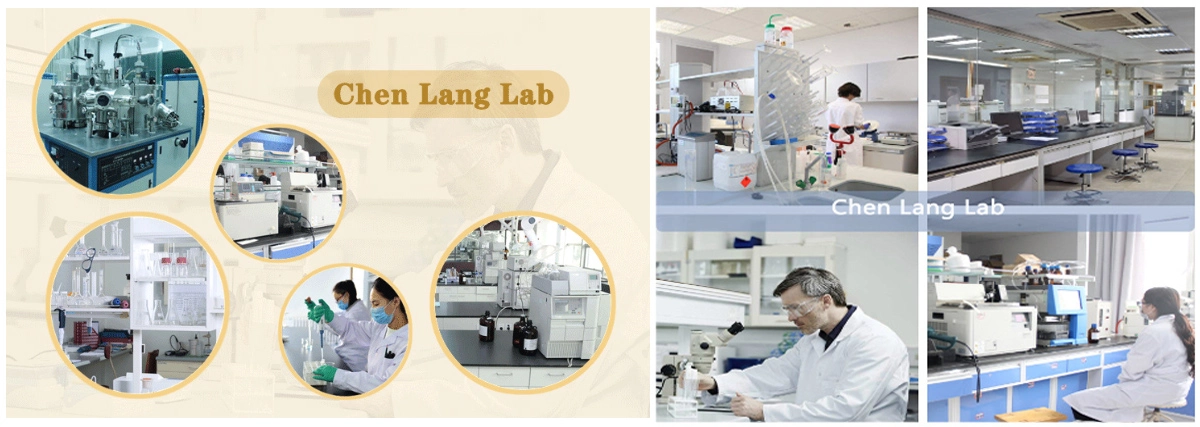
Standardization & Purity
Ensure consistent polyphenol / punicalagin content across batches — ideally via HPLC quantification.
Control impurity levels (heavy metals, residual solvents, microbiological safety).
Dose Form & Delivery
For capsules / tablets / softgels, aim for a dose of 500–1,000 mg extract standardized form.
For functional beverages or powders, consider microencapsulation, spray drying, or liposomal delivery to improve stability and bioavailability.
The choice of excipient systems (binders, carriers) should maintain extract integrity (avoid strong oxidizers, extreme pH).
Stability & Shelf Life
Protect from light, moisture, oxygen — use foil or nitrogen-blanketed packaging.
Include antioxidant stabilizers (e.g., small amounts of ascorbic acid) if compatible.
Conduct accelerated stability testing to validate product shelf life.
Compatibility & Synergy
Pomegranate extract blends well with other antioxidant botanicals (e.g. resveratrol, green tea polyphenols) but always test for precipitation, interaction or reduced activity.
Ensure excipient compatibility (e.g. avoid high pH environments that degrade polyphenols).
Why Partner with Our Pomegranate Extract Powder Manufacturing
As a professional manufacturer of pomegranate extract powder for heart-health and nutraceutical brands, here’s why clients trust us:
•High standardization & consistency: batch-to-batch reproducibility in phenolic content;
•Strict quality control: full testing (HPLC, heavy metals, residual solvents, microflora);
•Global certifications: GMP, ISO, food grade, halal/kosher options;
•Technical support & formulation assistance: dosage conversion, stability data, excipient compatibility;
•Flexible MOQ & packaging: from small trial orders to bulk supply with export-ready packaging;
•Supply chain reliability: stable sourcing of raw pomegranate peels, controlled extraction and production.
Working with us ensures you have a trustworthy extract that delivers performance, compliance and market appeal.
Conclusion
If you are developing cardiovascular, antioxidant or heart-support supplement lines, our pomegranate extract powder offers high potency, consistency, and compliance-ready quality. We mainly supply active ingredients such as ellagic acid, punicalagin 10%~90%, we control the purity and quality, Contact us email: admin@chenlangbio.com for samples, COA, formulation support, and competitive quotes. Let’s collaborate to bring cardioprotective, evidence-based formulations to your market.
References
Aviram M, Rosenblat M. Pomegranate for Your Cardiovascular Health. Rambam Maimonides Med J. 2013.
An Overview of the Health Benefits, Extraction Methods and Applications of Pomegranate (2023).
Antioxidant Properties and Beneficial Cardiovascular Effects of a Pomegranate Extract. PMC.
Pomegranate Peel Extract Decreases Plaque Necrosis in Atherosclerosis Models. PMC.
Cholesterol-lowering effect of concentrated pomegranate juice in diabetic patients. PubMed study.
Effects of Pomegranate Extract on Blood Flow & Vessel Diameter in Humans. PMC.
Pomegranate Extract & Inflammatory Markers / Cardiometabolic Risk. MDPI.
Send Inquiry
Related Industry Knowledge
- The Ultimate Guide to Soapnut Extract Powder
- How Does Spermidine Interact with Nitric Oxide Synthase (nNOS)?
- What is the Difference Between D-Luciferin Potassium Salt and D-Luciferin Sodium Salt?
- Is Centella Asiatica An Antioxidant
- What are the Side Effects of Centella Asiatica Extract
- Is 4-Butylresorcinol Better Than Hydroquinone
- What are the Benefits of Camellia Oleifera Seed Extract
- What Does Eucommia Leaf Extract Chlorogenic Acid Do in the Body
- What is Oat Straw Extract Good for
- Cosmetics Ingredient INCI Lupinus Albus Extract Supplier

